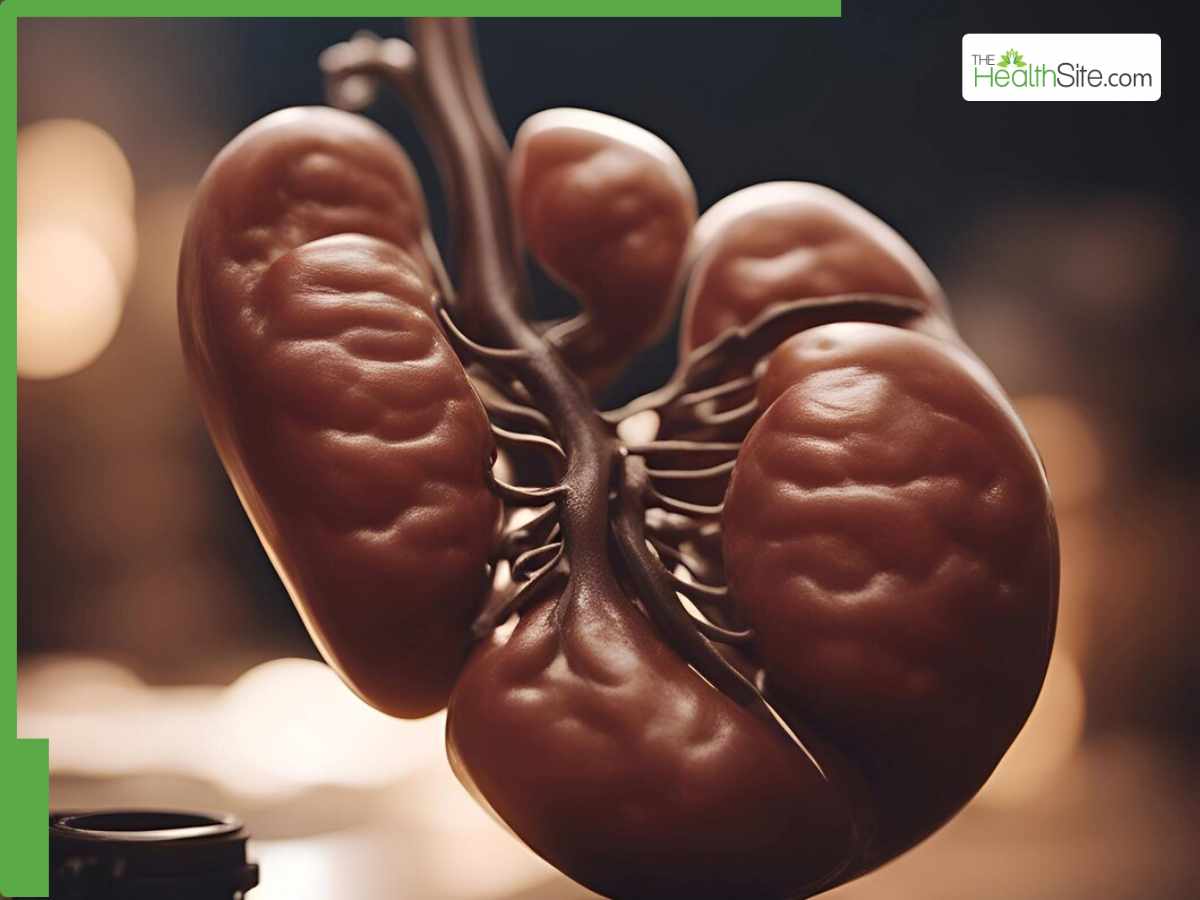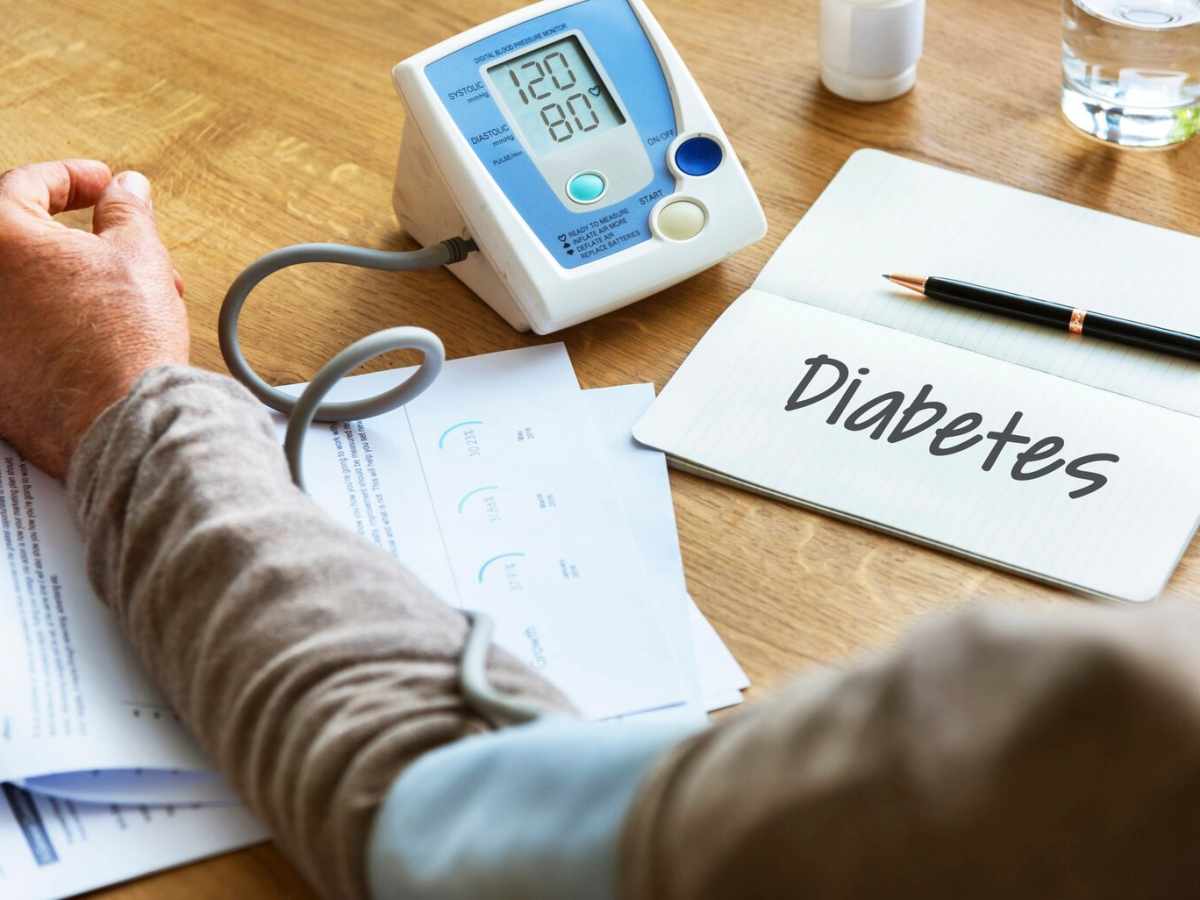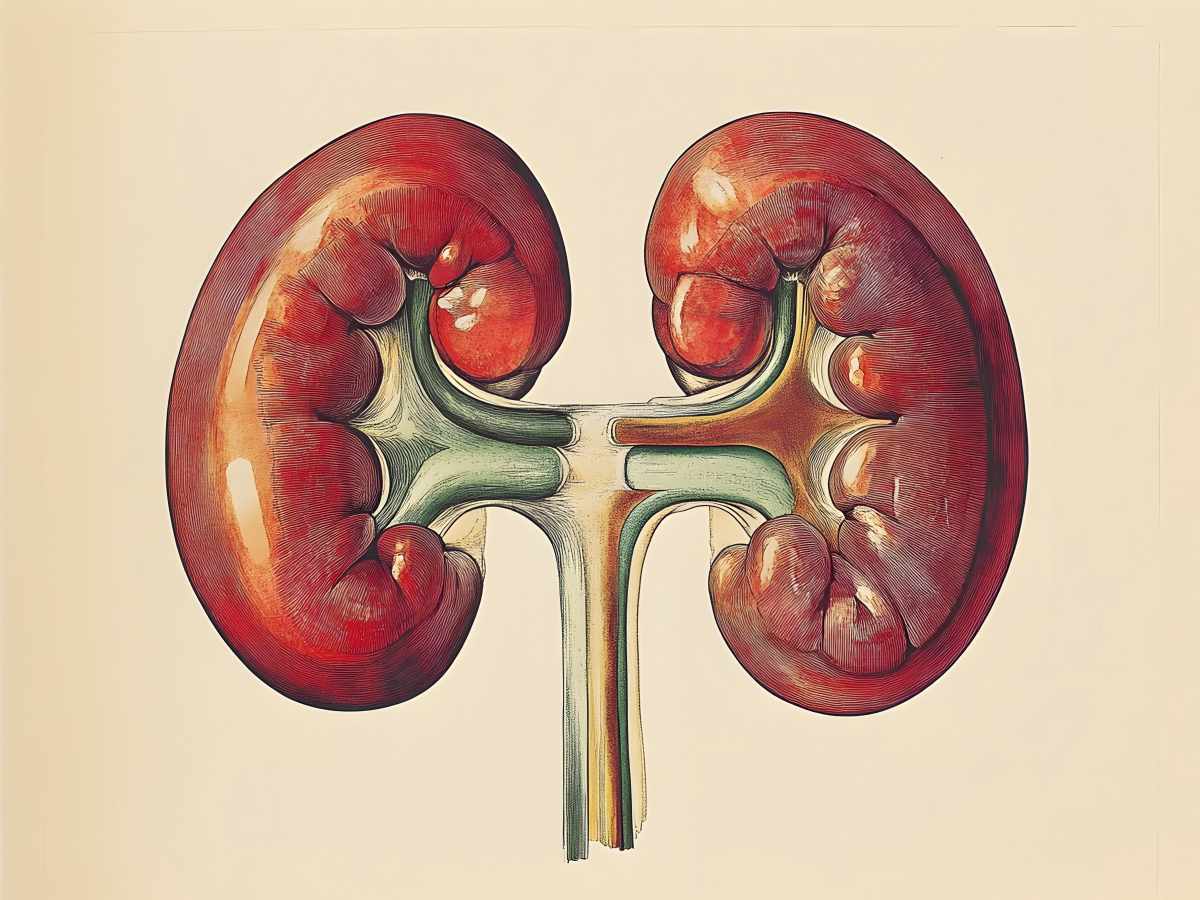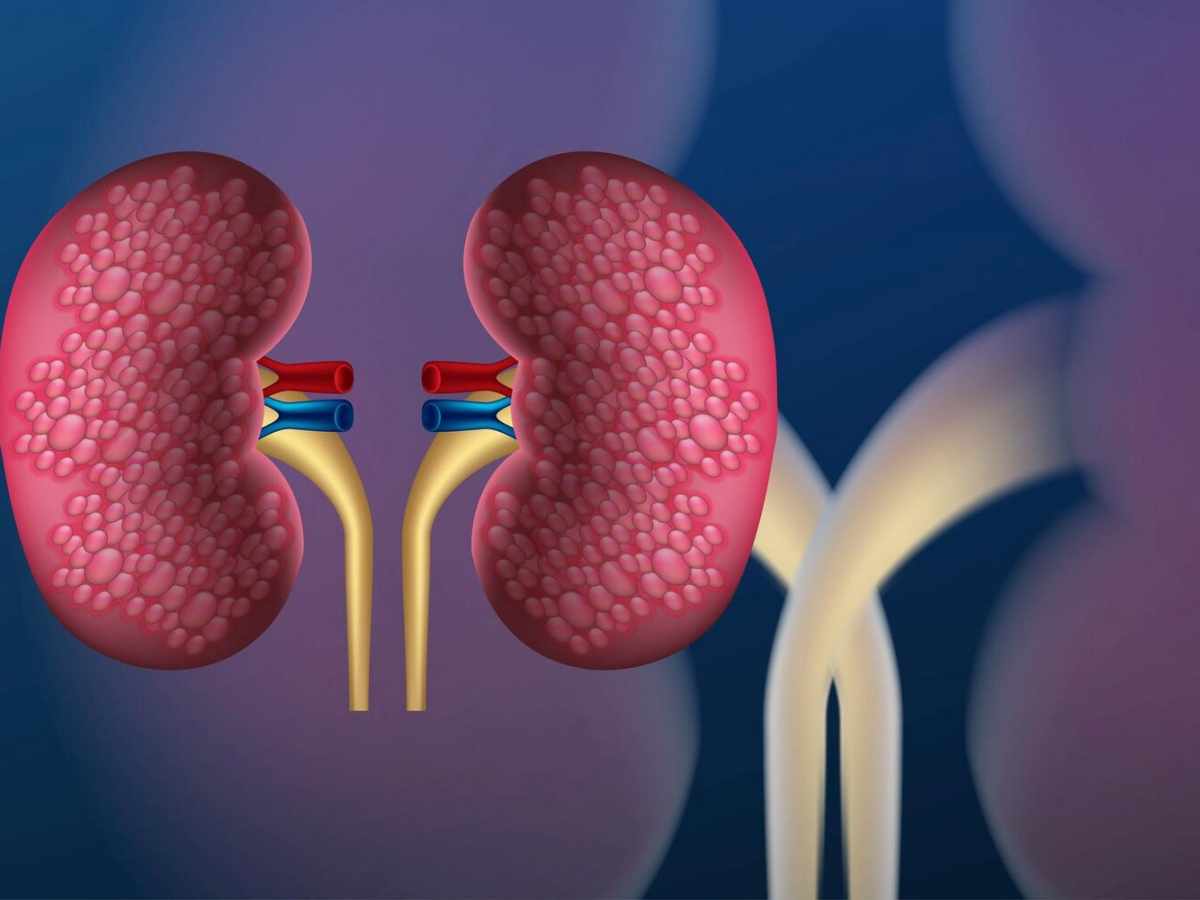
Chronic kidney disease (CKD) is a progressive condition, in which the kidneys tend to slowly lose their function. CKD is a silent disease and its symptoms may not be noticeable until significant kidney damage has occurred. Once the kidney’s function is substantially reduced, symptoms like persistent fatigue, poor appetite, nausea and vomiting, swelling in the legs and face and breathlessness develop, says Dr Bharat Shah, director of renal science at Gleneagles Hospital Parel.

According to the doctor, obesity, diabetes and high blood pressure are leading causes of CKD. Other causes include autoimmune kidney disease, urinary tract infection, kidney stones and abuse of painkillers.

CKD slowly and steadily progresses to end stage kidney disease (ESKD), a stage at which practically all kidney function is lost, the doctor points out.

There are only two treatment options: dialysis and kidney transplant. These options are expensive and available only in urban areas. As a result, a large majority of patients fail to get treatment. Every effort, therefore, should be made to prevent CKD.

Since diabetes and high BP are leading causes of CKD, the best way to prevent it would be to manage diabetes and high BP by means of healthy diet and exercise, medicines and regular monitoring to ensure good control. Prompt and aggressive treatment of autoimmune disease, kidney stones and infection, and avoiding frequent use of painkillers and other spurious drugs can also prevent CKD.






